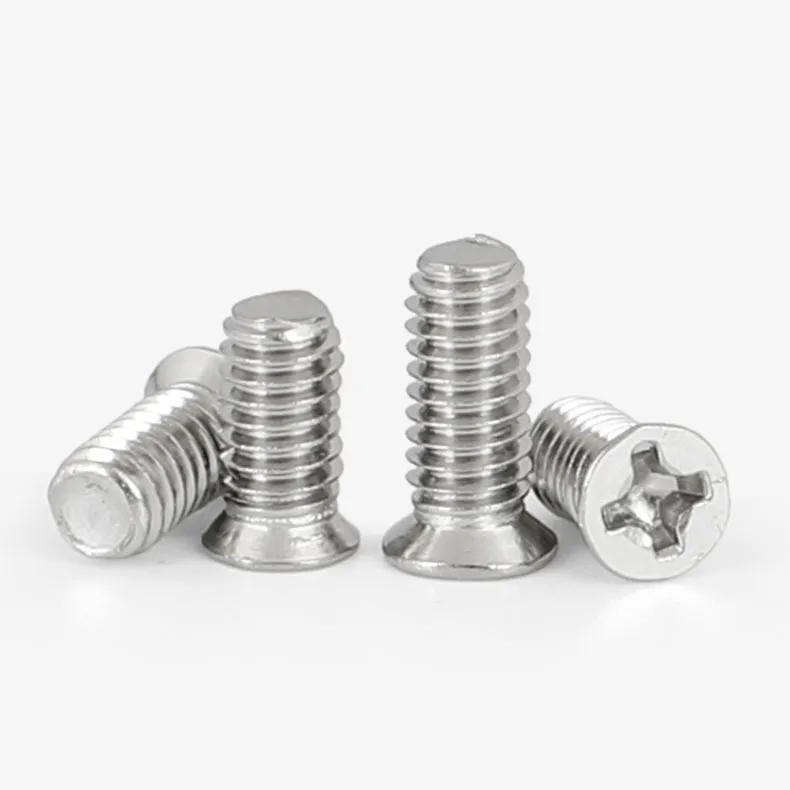

18mm flange nut
Dec . 02, 2024 00:41 Back to list
18mm flange nut
Understanding the 18mm Flange Nut A Comprehensive Guide
In the world of hardware engineering and construction, fasteners play a crucial role in ensuring structural integrity and durability. Among these fasteners, the flange nut—particularly the 18mm flange nut—stands out for its versatility and functionality. This article delves into the characteristics, uses, and advantages of the 18mm flange nut while providing insights for professionals and DIY enthusiasts alike.
What is an 18mm Flange Nut?
An 18mm flange nut is a type of hexagonal nut equipped with a wide flange at one end. This flange acts as an integrated washer, distributing the load over a larger surface area, which minimizes the risk of damage to the material being secured. The “18mm” designation typically refers to the diameter across the flats of the nut, which is essential for selecting the right tools for assembly and disassembly.
Flange nuts are characterized by their unique design that includes a serrated or grooved surface on the underside of the flange. This feature enhances grip by preventing the nut from loosening under vibration, making them particularly suitable for applications in machinery, automotive, and equipment assembly where conditions may promote movement and looseness.
Common Applications
The 18mm flange nut can be found in a variety of settings
1. Automotive Industry These nuts are frequently used in vehicles to secure components such as wheel assemblies, brake systems, and engine mounts. Their ability to withstand vibration and torque makes them a preferred choice for safety-critical applications.
2. Construction In structural applications, the flange nuts provide the necessary holding power while protecting the surfaces of beams and panels. They are commonly used in steel structures, bridges, and pre-fabricated buildings.
3. Household Items Many home appliances and furniture pieces also utilize flange nuts due to their easy installation and reliability. Whether in a washing machine or a sturdy table, these nuts enhance durability.
4. Industrial Machinery In factories, machines often vibrate, and using flange nuts on critical components ensures that they remain secure, reducing the risk of mechanical failures.
Advantages of Using 18mm Flange Nuts
The choice to use an 18mm flange nut over standard nuts comes with several benefits
18mm flange nut

- Load Distribution The wide flange provides greater surface area, enabling the nut to distribute loads more evenly across materials, which reduces stress and extends the life of both the fastener and the components it secures.
- Vibration Resistance The serrated flange helps prevent loosening caused by vibrations, which is especially beneficial in dynamic applications where movement is constant.
- Ease of Installation The flange design allows for easier assembly and disassembly, significantly speeding up the construction process compared to traditional nuts that require additional washers.
- Corrosion Resistance Flange nuts are available in various materials, including stainless steel, which offers superior resistance to corrosion. This is particularly vital in outdoor or industrial settings where harsh conditions might prevail.
Selecting the Right Flange Nut
When selecting an 18mm flange nut for specific applications, several factors must be considered
1. Material Choose a material that suits the environmental conditions of the application. Stainless steel is great for corrosion resistance, while carbon steel may provide additional strength for certain tasks.
2. Thread Type Ensure that the thread type of the flange nut matches that of the bolt or screw it will be paired with. This compatibility is crucial for ensuring a secure fit.
3. Load Requirements Consider the maximum load the nut will need to support. Different grades of flange nuts have varying strength capacities, so select one that meets or exceeds these requirements.
4. Standards and Regulations Look for flange nuts that meet industry standards, such as ASTM, ISO, or specific manufacturer requirements.
Conclusion
The 18mm flange nut is an essential component in many sectors due to its unique features and capabilities. By understanding its advantages and applications, professionals and hobbyists can make informed decisions to ensure the success of their projects. Whether you’re securing machinery, constructing a framework, or assembling furniture, the right flange nut can provide the reliability and durability you need for safe and effective outcomes.
Latest news
-
Hot Dip Galvanized Bolts-About LongZe|High Strength, Corrosion Resistance
NewsJul.30,2025
-
High-Strength Hot Dip Galvanized Bolts - Hebei Longze | Corrosion Resistance, Customization
NewsJul.30,2025
-
Hot Dip Galvanized Bolts-Hebei Longze|Corrosion Resistance&High Strength
NewsJul.30,2025
-
High-Strength Hot-Dip Galvanized Bolts-Hebei Longze|Corrosion Resistance&High Strength
NewsJul.30,2025
-
Hot Dip Galvanized Bolts-Hebei Longze|Corrosion Resistance&High Strength
NewsJul.30,2025
-
Hot Dip Galvanized Bolts - Hebei Longze | Corrosion Resistance, High Strength
NewsJul.30,2025

